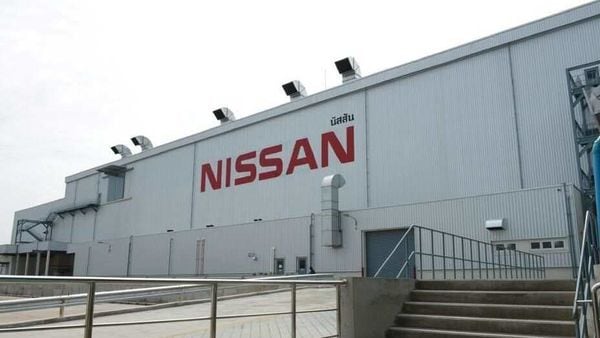Nissan resumes manufacturing production in Thailand


Nissan has resumed manufacturing cars at one of its plants in Thailand. In a statement issued today the Japanese carmaker announced that it will resume production at Plant 2 on June 1.
The Thai Government has extended the State of Emergency Decree to the end of June and is opening up the country in stages to continue mitigating the Covid-19 pandemic. It has also advised businesses to continue minimising the number of staff at workplaces as appropriate and wherever possible.
Also check these Vehicles
"Our goal is to resume normal business operations as soon as possible in a phased approach, but ensuring the safety and wellbeing of all our employees, their families and Thai society is our priority right now given the Covid-19 pandemic," said Ramesh Narasimhan, president of Nissan in Thailand.
The company has already implemented an extensive work-from-home policy for office employees as part of the wider effort to contain or limit the spread and impact of the virus.
Nissan is also taking additional steps to implement several key preventive measures at Nissan showrooms and service centres, including disinfection drive every 30 minutes to keep key vehicle touch-points like the steering wheel, gear shift, seats, door handles, and front console panels clean; temperature checking of all employees and customers; face masks at all times.
The news of Nissan resuming operations in Thailand comes at a time when the carmaker is facing major backlash over its decision to shut a plant in Spain. Hundreds of workers burning tyres and shouting "war" blockaded Nissan Motor Co's Barcelona plant on Thursday after the Japanese carmaker announced it would shut it from December as part of a global restructuring plan to slash costs.
(Also see pics: Nissan workers see red over plans to shut Barcelona factory)
The plant and the nearby facilities employ 3,000 workers and the closures could indirectly affect up to 25,000 jobs, unions say. The car industry accounts for about 10% of Spain's gross domestic product, according to producers association ANFAC.
The closure of the plant and several facilities nearby also highlights the challenges carmakers face as they try to cut costs and revive demand following the global health crisis.
The closure would cost Nissan as much as 1 billion euros ($1.1 billion), the government said in a statement, arguing that investing in the factory would be a cheaper alternative for the Japanese giant.








 1498.0 cc
1498.0 cc Diesel
Diesel













